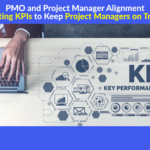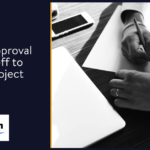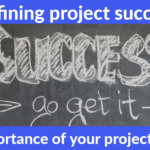As you start to read this article about the “Project Big Reveal” I would imagine that you fall into one of the following categories:
- Yes
- No
- Have not got a clue and / or don’t care
Over the early part of my career, I most certainly have been guilty of this and, I have suffered the consequences of the big reveal.
What is the “Project big reveal”?
The term applies to a project or programmes with a long duration (at least a year, more typically 2 years plus) where the delivery (implementation), only comes at the end. This means that the sponsor / end consumers have no way of knowing if the deliverable will be fit for purpose until near the end when they may get involved in some form of testing.
A couple of ways to think about this is when a new car is being launched, it has taken years to develop and then the day comes at the car show. The car is covered under an expensive sheet and then at the appropriate moment (usually to music), the cover is quickly removed and……ta dah, the general public get to see the new car for the first time.
Steve Jobs was the expert at the big reveal, even is some cases talking about other products and then introducing a revolutionary new product just when everyone thought the presentation was coming to a close. A real ta dah moment!
The “Project big reveal” is risky
While this approach may work well for the car industry or Apple, it is not usually a good idea on most projects.
The car industry and organisations like Apple spend $100m’s if not billions on research, focus groups, etc. They have a high level of confidence that what they reveal IS what the people want. They can keep the new project secret.
Now consider how your sponsor would react if they were kept in the dark for a couple of years, other than a status report every month on progress. You and your project team work really hard. The day arrives and you set up the meeting with your sponsor and present the big reveal and wait for all the glorious applauds from your sponsor…………………………….there is an awkward silence and the sponsor points out that the deliverable is a long way from what was needed. Then the sponsor gets angry as they realise they have lost a couple of years and the money that has been wasted.
A career threatening outcome!
So are you guilty?
The above is an extreme example and I am sure many of you would not do this. However, it is surprising how many projects are guilty and suffer at some level of the big reveal. The communication could have been more transparent and open. The reporting more precise. Early engagement with end users on the deliverable during requirements, pilots, testing, etc.
The reason for not being so engaging is that it is easy to think that having the sponsor / users engaged at each step will slow down the project and cause delays in decisions. The flip side is you do not want to be the project manager who always delivers on time but never provides the required outcome. The project has failed.
Closing thoughts
Managing expectations through clear, transparent communication is critical to the success of the project. It is far better to have a difficult conversation during the project then wait to the end when the budget and time has been spent.
Over the next couple of posts I will explore ideas on how to manage and avoid the risk of the “Project big reveal”.






